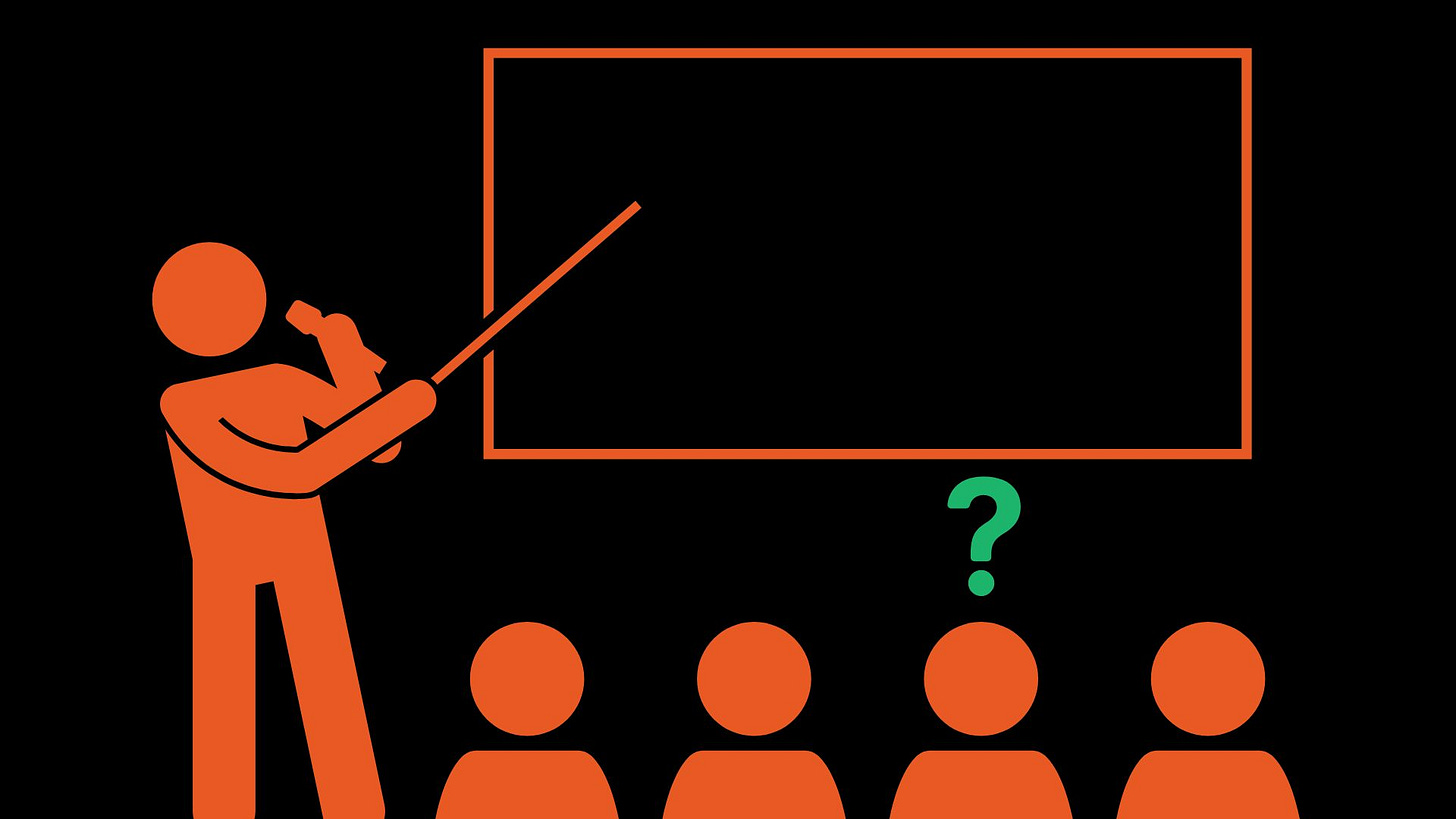My Religious Deconstruction: How a Christian Teacher Accidentally Shook My Faith
A Christian teacher taught me one idea that urged me to seriously doubt the basis of my belief.
This is one of a series of posts titled “My Religious Deconstruction.”
This series aims to document the primary experiences, ideas, and choices that motivated me to question my Christian worldview—and renounce it.
One day, I was sitting in an apologetics class at my church.1 I wanted to learn more about how to argue convincingly for the truth of Christianity and defend my faith.
The teacher said something that has stuck with me ever since: In order to convince others, you must convince yourself.
This idea made me immediately reflect: Am I so convinced that I could convince someone else?
The heat of embarrassment swept across my face.
My mind supplied the honest answer: No. You were raised to believe this—you have never independently chosen this for yourself.
At first, I was repulsed. I felt as if Christianity were true and I wanted to see myself as an independent thinker. But I knew that simply feeling that something is true does not make it so—I had seen far too many people fall into that trap to fall for it myself. For more than half my life I had been accepting Christianity emotionally but not intellectually.
I felt like a fraud. But I was now a motivated fraud—I decided to figure out how to prove Christianity to myself so that I could prove it to others.
This idea impelled me to analyze my faith further. Why did I believe God existed? Shrug. Why did I believe what my pastors say? The Bible, I guess. But why is that true? Because God said so. Through questioning like this, I noticed that, if I could prove the Christian God’s existence and authority, I could prove the entirety of Christianity. God is the lynchpin of the Christian enterprise. With him, Christianity holds; without him, it crumbles.
But I had a bigger issue: What even is truth? How do I know if an idea (such as the existence of God) is true or not? I knew that I couldn’t feel my way to knowing if things are true. I also knew that I couldn’t just blindly trust an authority figure or group of people. Too many people are wrong about all sorts of things—and the ones who are right are using something to figure out what is right. What is it? If I wanted to be a serious Christian, I needed to know what this truth-giving thing is so that I could base Christianity in it.
I didn’t know this at the time, but these are philosophical questions. Questions about the nature and source of human knowledge are involved in a branch of philosophy called epistemology. Asking these questions eventually led me to philosophy—specifically, philosophy that told me (and showed me) that knowledge is ultimately grounded in sense perception and ideas that can be logically derived from it. An idea is true if it corresponds to reality—if we can see things that support it. God is real if there is a thing called God that we can perceive directly or evidence of him we can perceive and logically deduce his existence from. God isn’t real if we can’t perceive him directly or see evidence of him.
This was a hard implication to swallow—and for a long time I avoided it. But my desire for truth eventually compelled me to accept this conclusion even though it conflicted with my feelings for a time.
Learning that I was accepting Christianity emotionally convinced me that I needed to use my intellect to figure out if my faith was legitimate or not. If I hadn’t reflected on how to apply the apologetics teacher’s idea, I wouldn’t have begun to deconstruct my faith—and see the flaws in it. Of course, the teacher probably didn’t intend for this to happen, but this contributed to my decision to analyze my beliefs. Ideas are powerful, if taken seriously. But if we avoid acknowledging the implications of those ideas, we stagnate ourselves intellectually—and we’ll never have chosen our path for ourselves, defaulting to one set before us by others.
More posts in the My Religious Deconstruction series:
Where Does God Get Morality From? (upcoming)
“Apologia” is a Greek word that roughly translates to “defense.” Apologetics class teaches you how to defend your religious beliefs through argumentation. Apology by Plato, which recounts Socrates’ defense against the Athenian court system, is a famous example of the use of this word.








Reason, reality and honesty always end up in the same place, and it isn't believing in fairy tales. I applaud your willingness to employ all three, even at the risk of losing the world view given to you. So few people are so willing.
Thank you for taking us on your journey with you! I can’t wait to see what happens next!